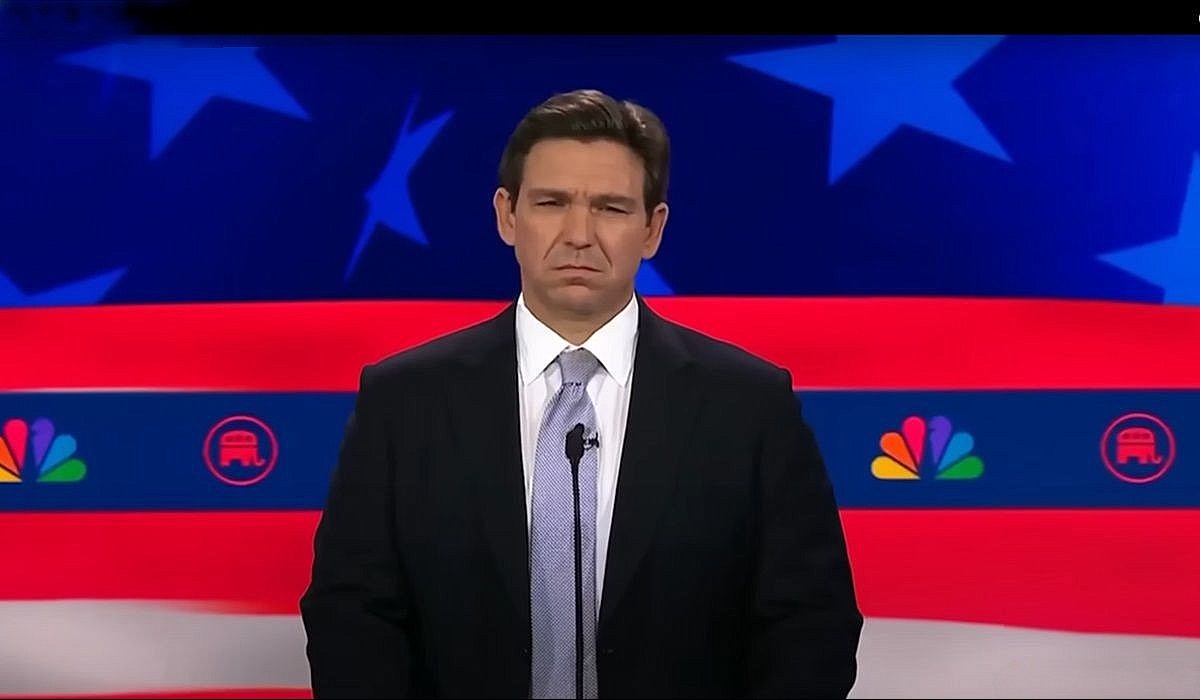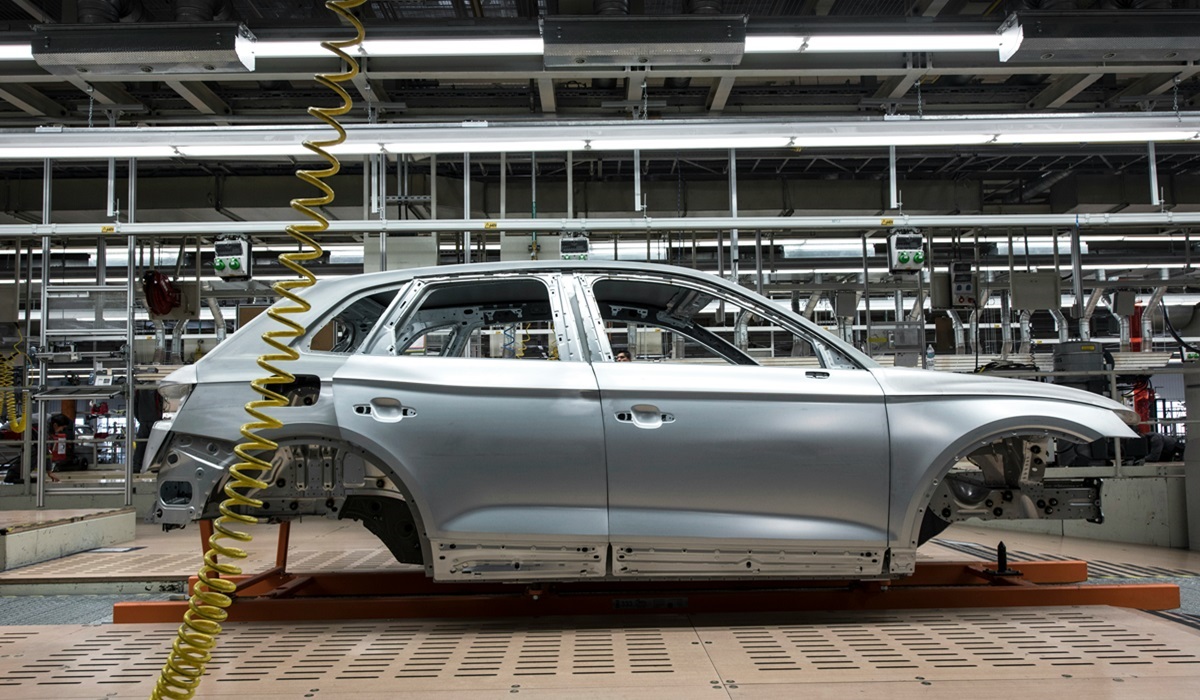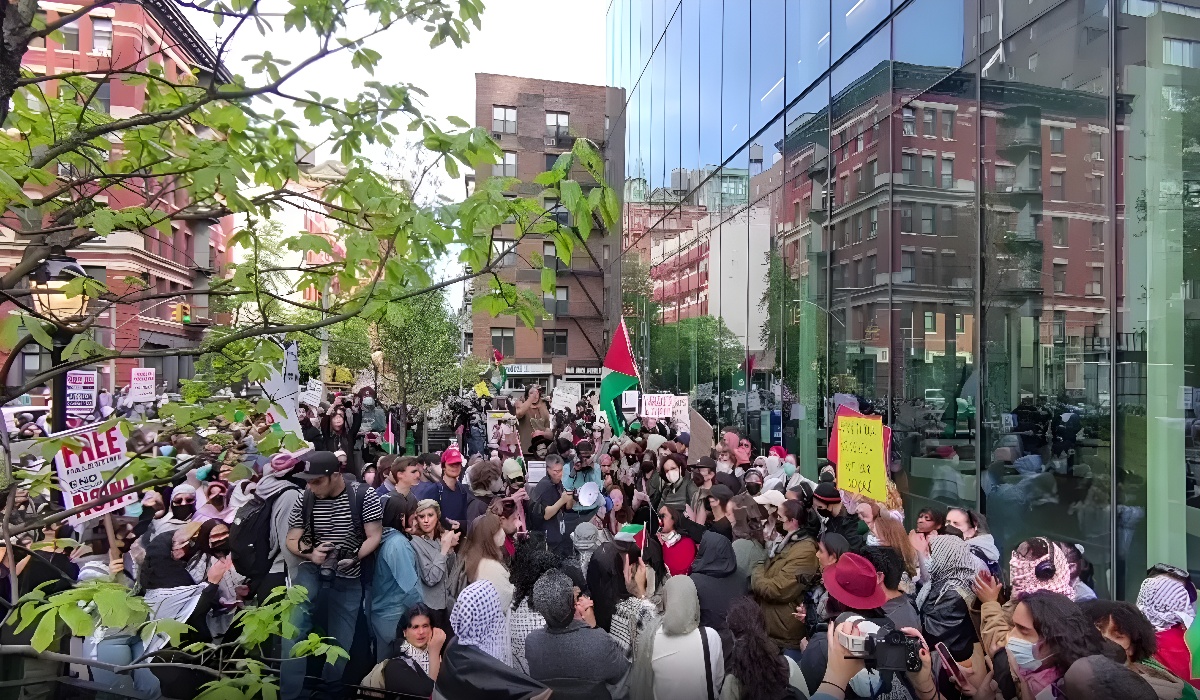The Republican debate last night brought together a diverse group of candidates, each vying for the spotlight to be the presidential nominee. Former President Trump was absent, currently dealing with his courtroom drama. The lack of his presence did not leave the night free of, at times, a circus atmosphere and had moments filled with intense and insulting exchanges among the participants.
Former Governor Chris Christie and former Senator Tim Scott emerged as the night’s clear winners, showcasing poise and articulating their points in plain language. Their ability to convey their message transparently sets them apart from the rest. On the other hand, the night witnessed explosive and heated language and overtalking each other between Vivek Ramaswamy and Nikki Haley, revealing a palpable dislike between the two. Governor Ron DeSantis, once again, appeared out of place with a constipated look on his face, failing to make a significant impact.
One of the night’s notable moments was Nikki Haley touting her time in the UN as a qualification despite the organization’s dysfunctional nature and limited authority to rein in superpowers. She also expressed a desire to see Israel intensify its military efforts in Gaza, displaying a lack of clear understanding of the humanitarian complexities involved and the role of the UN.
Vivek Ramaswamy highlighted the exorbitant costs of wars, emphasizing how corrupt politicians profit while millions suffer. He stated wars cost trillions, in which corrupt politicians steal billions and kill millions. The debate, therefore, showcased not only policy differences but also interpersonal tensions among the candidates.
While political debates were once regarded as a crucial forum for candidates to articulate their policies and express their commitment to serving the American people, the landscape has shifted significantly over the years. The noble notion of a platform for genuine discourse on national issues has given way to a more commercialized and sensationalized version of political theater. In contemporary times, debates serve as a means for candidates to voice their concerns and as a prime-time spectacle for networks to rake in substantial advertising revenue. The focus has shifted from substantive policy discussions to a race for attention, with candidates often resorting to airing grievances, taking cheap political shots, and engaging in a competition of who can make the most absurd and sensational statements to capture headlines.
This evolution raises questions about modern political debates’ true purpose and efficacy. As the line blurs between genuine political discourse and entertainment, the integrity of the democratic process has already been compromised. Voters are left to navigate through the noise and spectacle, attempting to discern the substance behind the grandiose statements. The challenge now lies in striking a balance between engaging the public in meaningful discussions about policies and preventing debates from devolving into mere theatrical performances designed to boost television ratings and advertising revenue.
These high-stakes events see each candidate rushing to declare victory afterward is a crucial aspect of the post-debate drama. Candidates understand the importance of shaping public perception and projecting strength. Speed is essential to control the narrative and maintain momentum in the age of 24/7 news cycles and social media dominance. Waiting too long can allow opponents to set the agenda and influence the conversation.
The post-debate rush to declare victory is a strategic move aimed at swaying undecided voters. Creating the perception of momentum and inevitability is a psychological tactic that can influence people’s support for a candidate. While Christie and Scott emerged as winners, the drama extended beyond policy discussions to interpersonal conflicts. The post-debate rush to declare victory reflects the intricate dance of political messaging and perception shaping in the contemporary political landscape.









